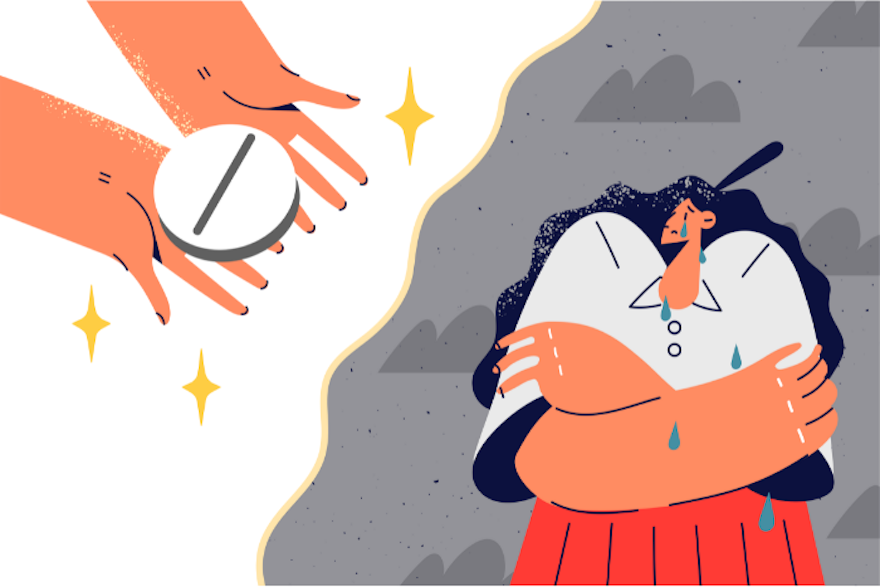It’s frustrating when people say Bosa is a “vitamin,” not a “painkiller.” When I hear that it signals that they think of Bosa as a nice-to-have instead of a necessity and that there's not a large enough market experiencing the problem we’re solving. With Bosa tackling the problem of burnout and isolation that many millennials, parents, and folks who are just tired of grind culture face — Bosa is a painkiller. It just depends on who you ask. You don’t have to take my word for it. Here are a handful of the abundant stats that demonstrate how real and big this pain is:
- There are 72 million Gen Zers and 72 million Millennials in the United States. Millennials are known as the “Burnout Generation,” but Gen Z is following close behind with 84% of both generations experiencing burnout.
- Drilling down a bit, 74% of women experience work-related stress, men 61%.
- Now adding in a parental lens - there are 77 million moms in the United States, across generations, and about 93% of them experience burnout. And for working parents, 66% of them experience burnout.
(sources here, here and here)
If you’ve been fortunate enough not to feel this pain yourself, it’s almost certain someone you know has experienced burnout. They could be:
- Your Millennial neighbor who is married with 2 kids under age 5 and works from home
- The new twenty-something-year-old contractor on your team who’s single and a dog owner juggling multiple clients
- Your sister who’s fully in the sandwich generation, coordinating care for her children and a parent while trying not to lose herself in the process
- The barista at your local coffee shop who always remembers your order, who smiles past the crushing weight of student loans, concerns about climate change, and hope of ditching their second job
Some people don't realize that the pain of burnout and the effects of grind culture because of the privilege they hold, especially if they don't have a lot of intersections (work, parenting, caregiving, other interests). If you don’t experience the pain of trying to do it all, all the time, Bosa feels like a vitamin. The problem and who experiences it is an effect of the systems in which we all operate, including capitalism.
Capitalism keeps us on that vicious cycle of busy-ness so many of us are in (fellow Millennials, I see you). It’s aspiring to be all these things yet being stuck in a cycle of wake up, work, cook, clean, hustle, and be tired by the end of the day. It’s having no other outlets with your only focus on making money, which is great and necessary for survival. However, you don't have the time to explore other avenues, interests, or aspirations. Those things that make you feel alive, fulfilled, and whole. The nature of capitalism upholds some people having the privilege of time and space and others not. That's a huge part of the pain. You don't even have the privilege of spare time to THINK about aspirations!
A lot of other frameworks or apps out there make major assumptions that you have the time, space, and energy — you have the privilege. Bosa does not make that assumption. This is what makes Bosa different. We're not asking people to come to our platform with all the time in the world and everything figured out. We're inviting people to a safe space without having that margin already, without the privilege of having outsourced services that give them more time and energy back (ex. nanny, housekeeper). For our family, we’ve outsourced the lawn care and we aspire to outsource more, but we still don't have much spare time and energy.
So just because from your perspective and level of privilege you don’t experience the pain of not having time and energy, feeling stuck in the cycle of grind culture, or the exhaustion of caretaking in its many forms doesn’t mean that pain doesn’t exist for someone else. Again, it’s undeniable for those of us who can relate. Bosa is a painkiller for millions and millions of people — even if you happen not to be one of them.
![[object Object]](/lib_sjgjrqqtYQnASLxY/80wzmr2izo9ni7se.png?w=108)
